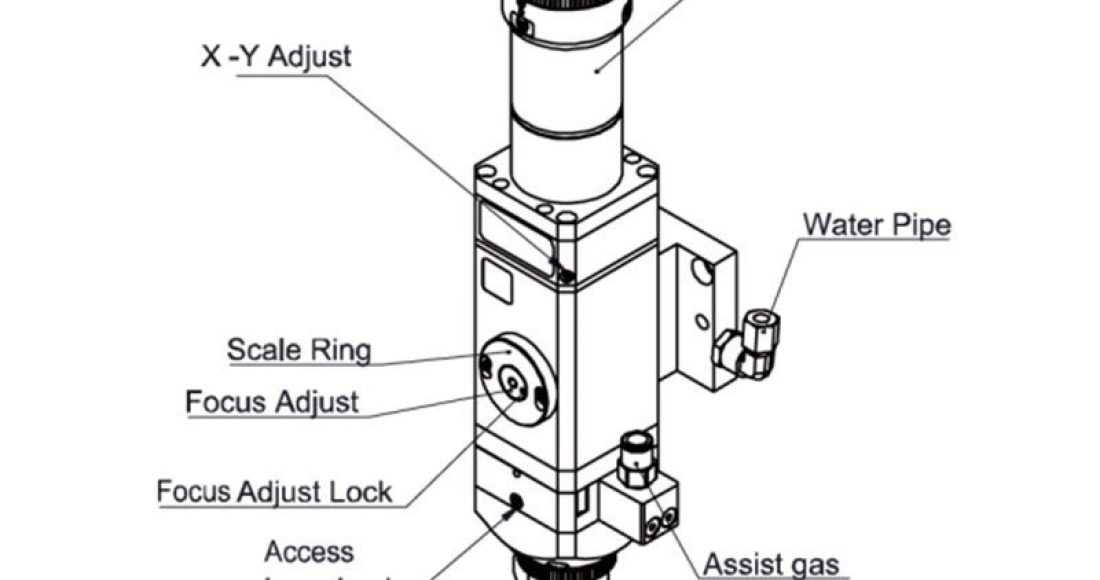Setup Process and Initial Configuration
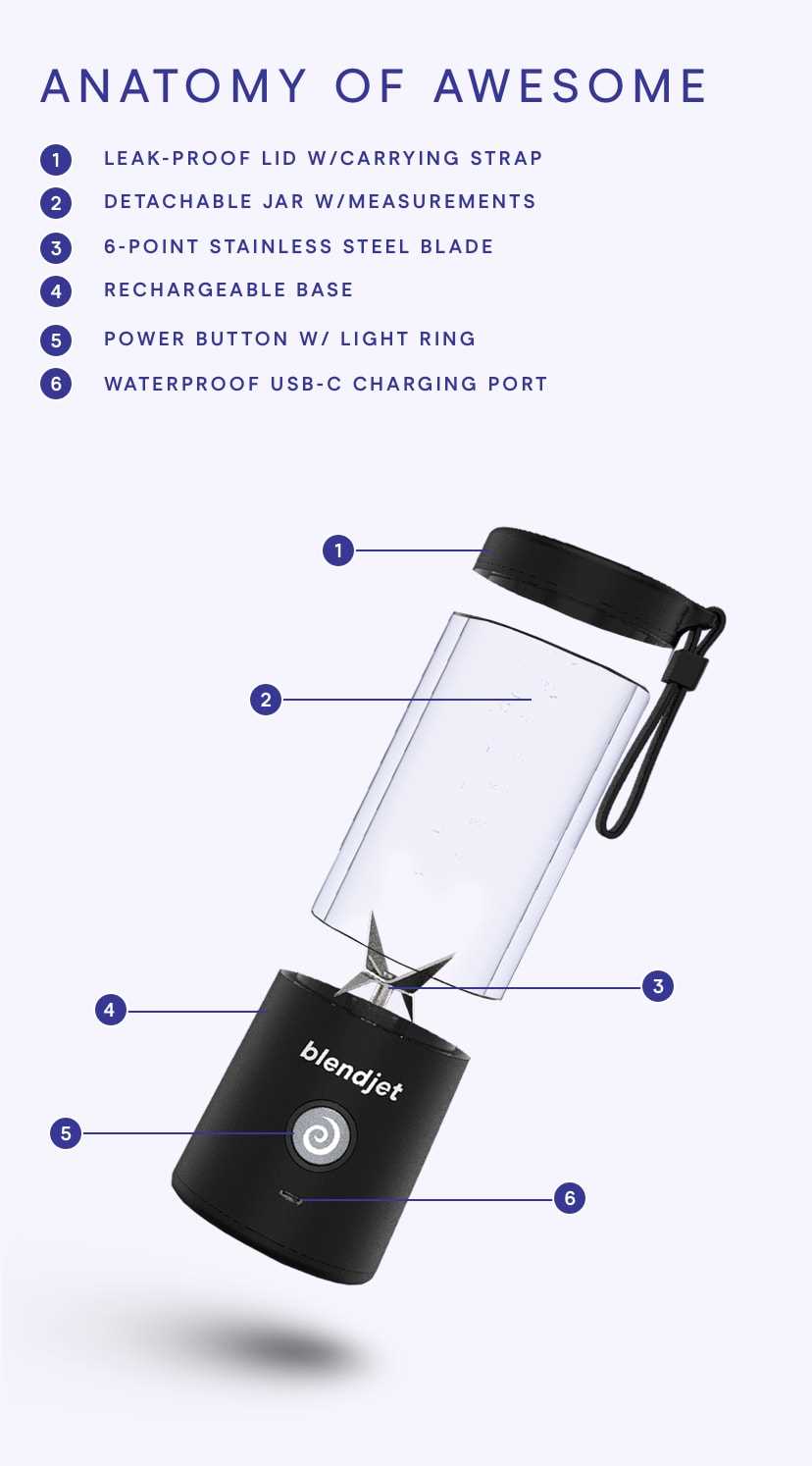
Starting with the basic setup is essential for ensuring that your new device operates smoothly. This section provides an overview of the key steps to get your system up and running efficiently. You’ll find guidance on connecting to power, pairing with other components, and making necessary adjustments to suit your specific needs.
Connecting and Powering Up
The first step involves connecting the device to a power source. Ensure that you have access to a stable power outlet. Once connected, observe the indicators that signal the device is receiving power and initializing properly. This step lays the foundation for further configuration.
Pairing with Other Devices
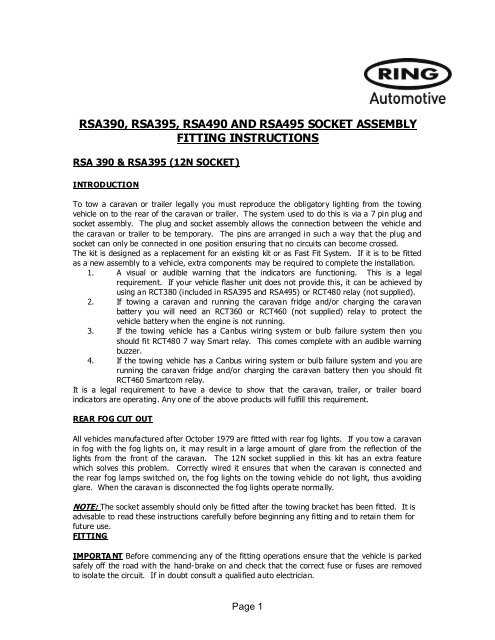
After powering up, the next step is to integrate the system with your existing setup. Use the available interfaces to connect to other devices in your environment. This may involve wireless connections, direct pairing, or other forms of communication. Make sure the connections are secure and functional before proceeding to the next stage.
Customizing Settings for Optimal Use
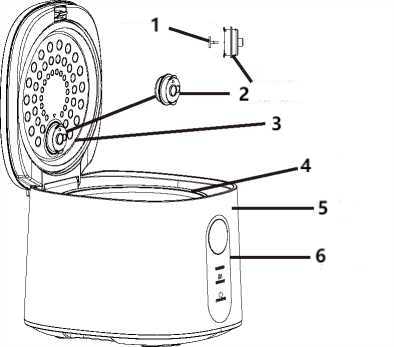
To get the most out of your device, it’s essential to adjust its settings to suit your individual preferences and environment. By fine-tuning specific features, you can enhance the functionality and ensure that it operates in a way that best meets your needs.
Adjusting Notification Preferences
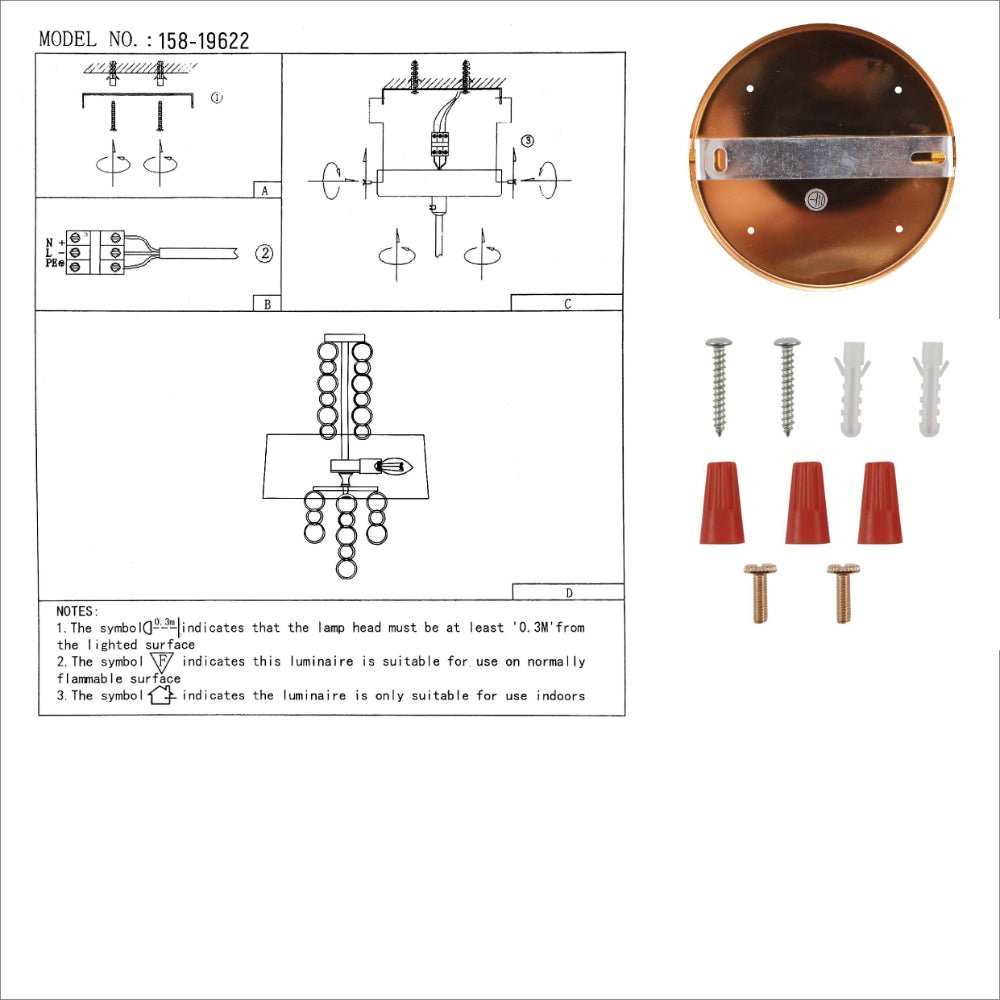
One of the most important aspects of customization is tailoring notification alerts. By modifying the alert frequency and types, you can stay informed without feeling overwhelmed. It’s crucial to find the right balance, ensuring you receive timely updates while avoiding unnecessary distractions.
Optimizing Performance Settings

Performance can be significantly improved by tweaking certain parameters. Adjusting these options can help extend battery life, improve response times, and ensure smooth operation. Experimenting with different configurations will allow you to discover the optimal setup for your daily use.
Maintenance Tips and Troubleshooting

To ensure the optimal performance and longevity of your device, regular care and attention are essential. By following simple upkeep practices, you can prevent common issues and keep everything functioning smoothly. This section provides practical advice on how to maintain the equipment and offers solutions to some of the most frequent technical problems.
Start by routinely cleaning the exterior surfaces with a soft, dry cloth to remove dust and debris that could affect its functionality. Additionally, check connections and ensure all components are securely in place. Should you encounter any irregularities, a simple restart or resetting of the system may resolve the problem.
For more complex issues, refer to the diagnostic tools available within the system settings. If the device does not respond to basic troubleshooting steps, seeking professional assistance might be necessary to avoid further complications.
Integrating with Smart Home Systems
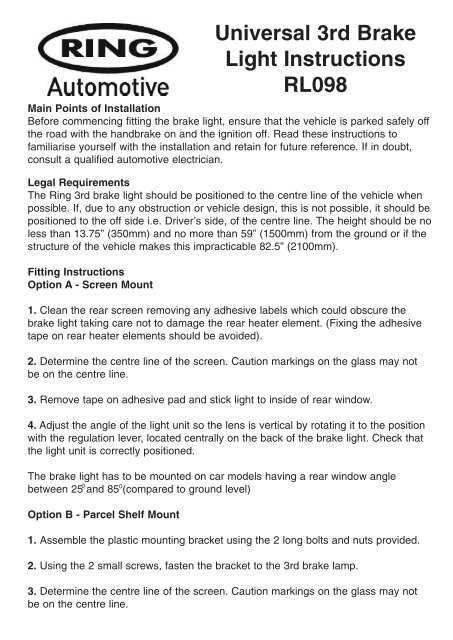
Connecting your device with a broader network of intelligent home systems allows you to create a seamless and automated living environment. By integrating it into your smart ecosystem, you can enhance the functionality and convenience of your home setup.
- Ensure compatibility with your existing home automation platform for smooth operation.
- Follow the steps provided by your home system’s app to add the device as a new component.
- Adjust settings and customize features to suit your preferences and needs within the ecosystem.
- Utilize voice control through compatible assistants to manage the device effortlessly.
- Explore automation options to trigger actions based on specific conditions or schedules.
Seamless integration offers the ability to control multiple devices from a single interface,
Advanced Functionalities and Their Benefits

Modern security systems offer a range of sophisticated features designed to enhance user experience and security. These advanced functionalities provide greater control, flexibility, and efficiency, addressing various needs and preferences. By integrating cutting-edge technology, users can enjoy seamless monitoring and management of their security setups, improving overall safety and convenience.
Enhanced Control: The latest systems allow for comprehensive management through user-friendly interfaces. This includes remote access, real-time notifications, and customizable settings, ensuring users can adapt the system to their specific requirements.
Improved Security: Advanced functionalities often incorporate features like motion detection, video recording, and smart alerts, providing a higher level of protection. These technologies enable more precise monitoring and timely responses to potential security breaches.
Increased Convenience: With integration into smart home networks and compatibility with various devices, users can streamline their security measures. This connectivity facilitates automation and remote control, making it easier to manage and monitor security from anywhere.
